Panel: Can sexual orientation and religious beliefs be reconciled?
Rev. Dr. Brent Hawkes participated in a panel on reconciling sexual orientation and religious beliefs.
In Ontario, Canada, a new curriculum for sexual and health education was released a few years ago. This curriculum had not been updated in nearly 20 years and was overdue for an overhaul. The new curriculum addressed such issues as healthy bodies, dating, sexting, cyberbullying and other things that young people today need to be aware of to stay safe. The curriculum also finally addressed what many know to be reality: that there are gay, lesbian, trans and other identities and ways of being in the world, and they belong, too.
Different religious groups have responded in diverse ways, from urging parents to take their kids out of schools until the new curriculum is repealed, to an open, outright welcome and endorsement of the curriculum.
Here’s the description of the panel:
“If you're struggling to embrace your lesbian colleague's sexual orientation for religious reasons. Or, your son comes to you and says he wants to marry a man -- and you think ‘blasphemy!’ Or, you are an LGBT person of faith but struggling, thinking your religion will not accept you. Or you're someone who believes being gay is a sin, but you do not want to discriminate.
This panel is for you! Come to dialogue, gain insight and develop understanding.
LGBT rights in Canada have come a long way since the police bathhouse raids of 1981 in Toronto. Today, gay couples can get married and have children. Their rights are enshrined in legislation and human rights codes. Toronto’s annual Pride Month attracts hundreds of thousands to the city to celebrate, show pride and stand in solidarity.
One hurdle, a large one, remains in the path to full equal rights: religious belief. To many, their culture’s interpretation of religion defines being gay as a sin. The large controversy over an updated sex-ed curriculum in Ontario in 2015 (that specifically recognized gender fluidity) demonstrated how a number of religious groups continue to be conflicted about the subject. And LGBT individuals who are religious have often suffered in attempting to reconcile these two sides of their identity.
But religions can often be interpreted in many ways, and none is a monolith. Many religious people have found interpretations that are inclusive of sexual minorities. But the battle between inclusive and exclusive continues in what is now the final frontier in gay rights.“
“I think it’s wonderful that we’re having these discussions,” said Rev. Dr. Brent Hawkes. “It’s time to help prepare young people to understand that there are many ways of being, and not just one, and that if you’re not being like that one way, then you’re fine just the way you are, exactly as God created you.”

